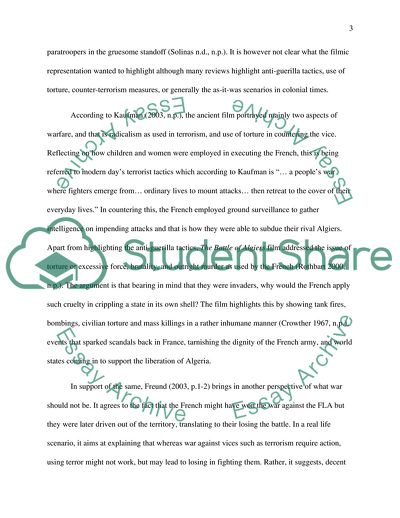Cite this document
(Definition of Film Theory Movie Review Example | Topics and Well Written Essays - 1250 words - 1, n.d.)
Definition of Film Theory Movie Review Example | Topics and Well Written Essays - 1250 words - 1. https://studentshare.org/visual-arts-film-studies/1813053-film-theory
Definition of Film Theory Movie Review Example | Topics and Well Written Essays - 1250 words - 1. https://studentshare.org/visual-arts-film-studies/1813053-film-theory
(Definition of Film Theory Movie Review Example | Topics and Well Written Essays - 1250 Words - 1)
Definition of Film Theory Movie Review Example | Topics and Well Written Essays - 1250 Words - 1. https://studentshare.org/visual-arts-film-studies/1813053-film-theory.
Definition of Film Theory Movie Review Example | Topics and Well Written Essays - 1250 Words - 1. https://studentshare.org/visual-arts-film-studies/1813053-film-theory.
“Definition of Film Theory Movie Review Example | Topics and Well Written Essays - 1250 Words - 1”. https://studentshare.org/visual-arts-film-studies/1813053-film-theory.


